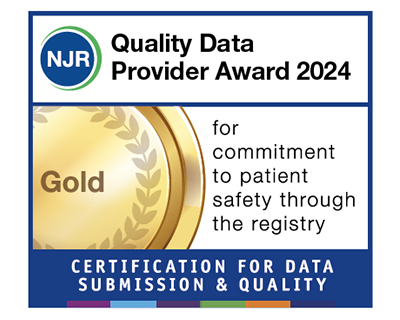Berkshire Independent Hospital Specialists
-
-
Mr Patrick Chong
Mr Patrick Chong is a Consultant Vascular Surgeon at The Berkshire Independent Hospital in Reading, who specialises in the treatment of varicose veins.
Read more -
Mr Mohamed Hamdan
Mr Mohammed Hamdan is a Consultant General Surgeon in Reading who specialise in weight loss surgery
Read more -
Mr Simon Middleton
Mr Simon Middleton is a Consultant Colorectal Surgeon in Reading who specialises in colorectal treatment
Read more -
Mr James Ramus
Mr James Ramus is a Consultant General Surgeon in Reading who specialises in weight loss surgery.
Read more -
Mr Kumaran Thiruppathy
Mr Kumaran Thirrupathy is a Consultant General Surgeon in Reading who specialises in Colorectal treatment.
Read more

